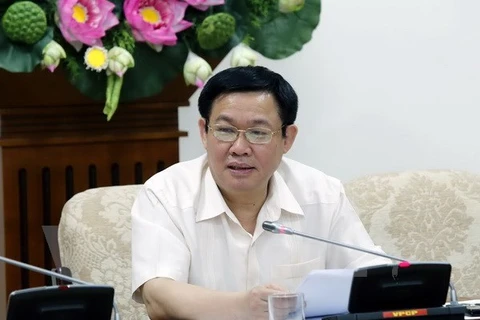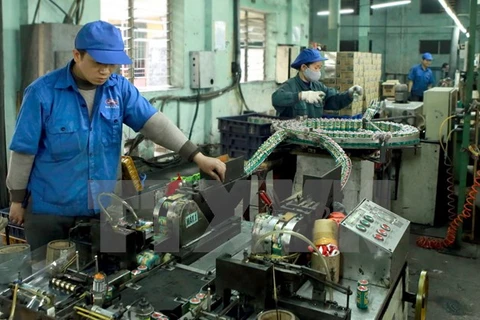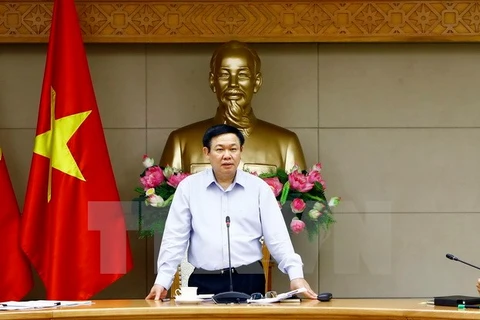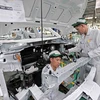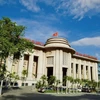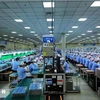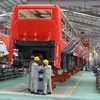Hanoi (VNA) – Prices tend to remain stable, even fall slightly in 2018, heard a workshop in Hanoi on January 9 to review prices in 2017 and make forecast for 2018.
According to the Price Management Department under the Ministry of Finance, with an increasing supply of necessary goods thanks to higher domestic production capability, and signed free trade agreements, Vietnamese people are enjoying an abundance of local and imported goods with more competitive prices.
Post and telecommunication prices are expected to remain unchanged or fall slightly. Inflation rate is forecast to stand between 1.6-1.8 percent, while the exchange and interest rates are under control, helping reduce costs for enterprises.
Nguyen Tien Thoa, Vice President and Secretary General of the Vietnam Price Evaluation Association, highlighted the factors that might push up the inflation rate, such as credit and exchange rate extension, electricity price adjustments, basic salary increase, consequences of natural disasters, and unpredictable epidemics.
He suggested addressing the root of inflation while restructuring the economy, reforming the growth model, increasing productivity, quality and competitiveness, and stablising the macroeconomy.
Comprehensive measures should be devised to regulate the inflation rate right from the beginning of the year, such as ensuring goods supply in any circumstances, Thoa said.
Associate Prof. Dr. Ngo Tri Long, former head of the Ministry of Finance’s Price Management Institute, underlined the factors affecting prices in 2018, such as diseases, weather and climate patterns, saying it will be a challenge to keep the inflation rate at 4 percent.
The inflation in 2018 will suffer pressure from prices hikes of public services and foodstuffs, he said.
Long suggested enhancing price stablisation to curb inflation, thus ensuring the target of stablising the macroeconomy while monitoring closely CPI developments for timely adjustment.-VNA
VNA

